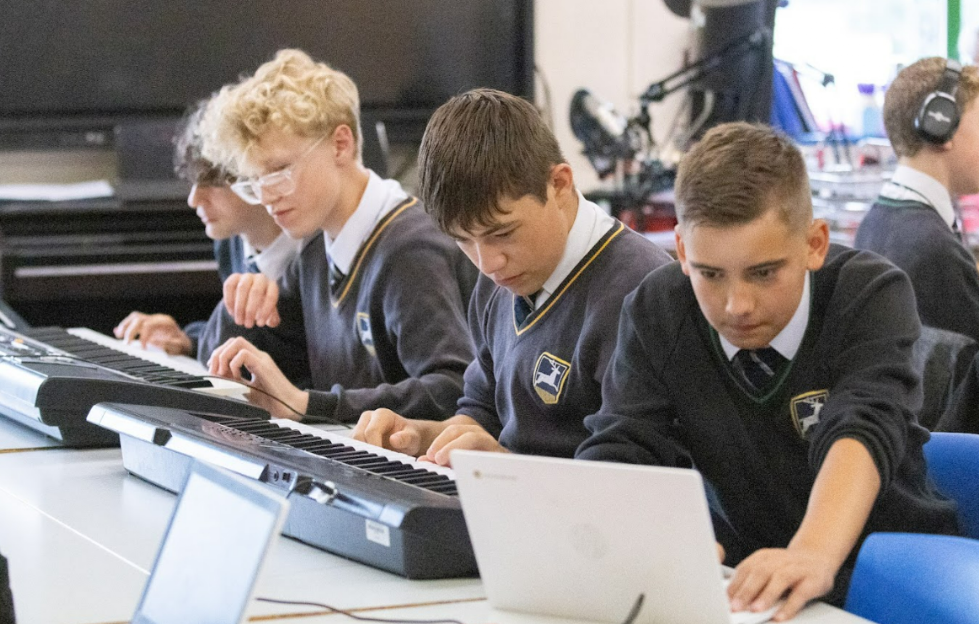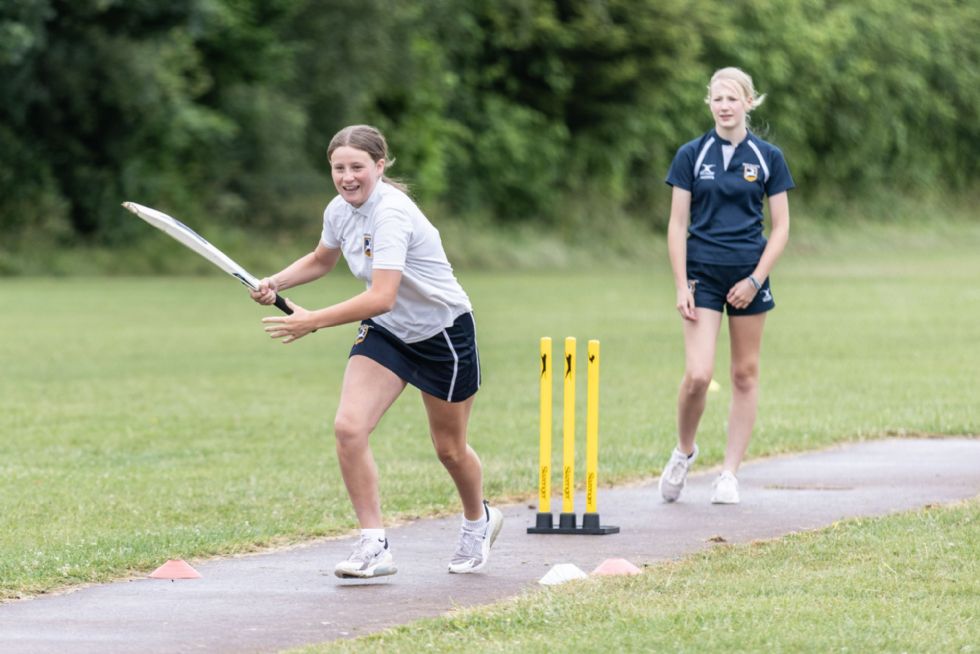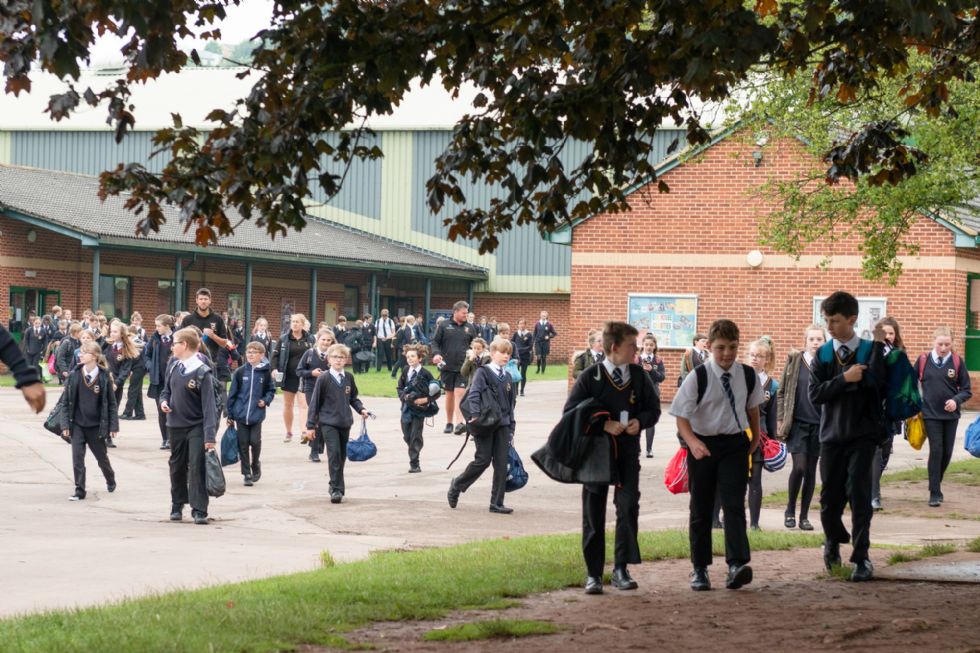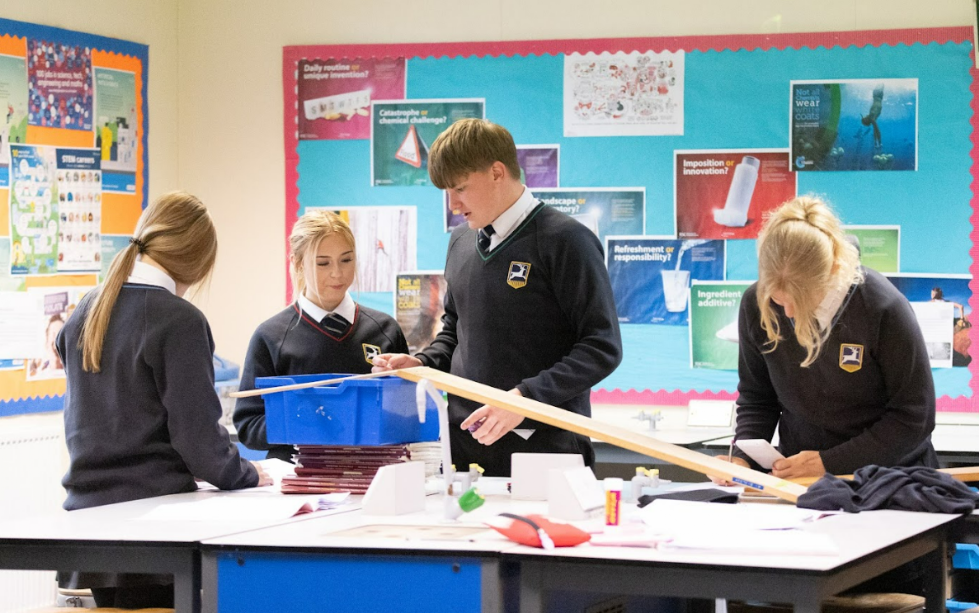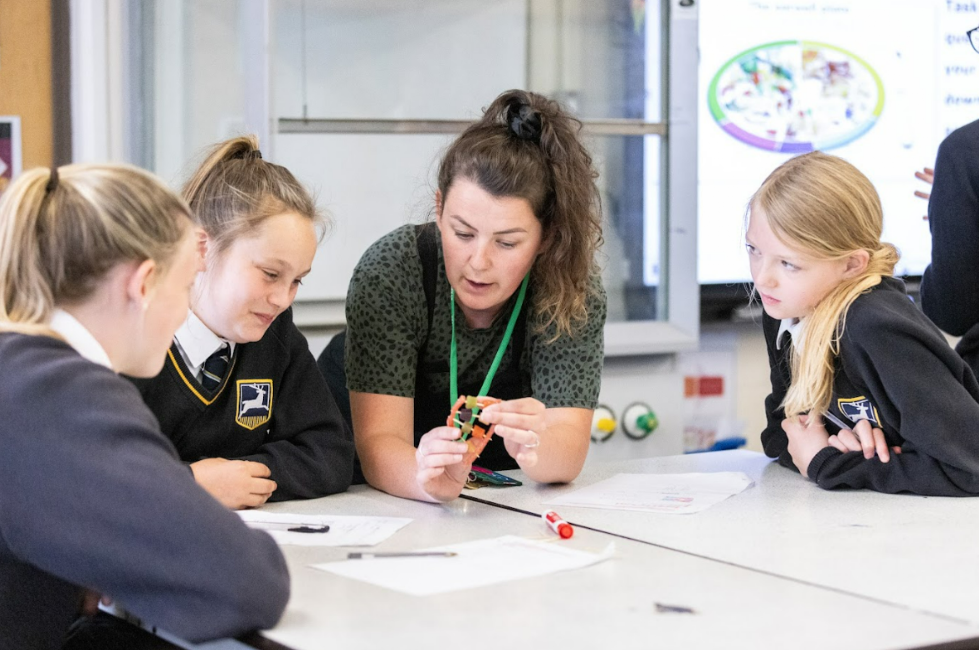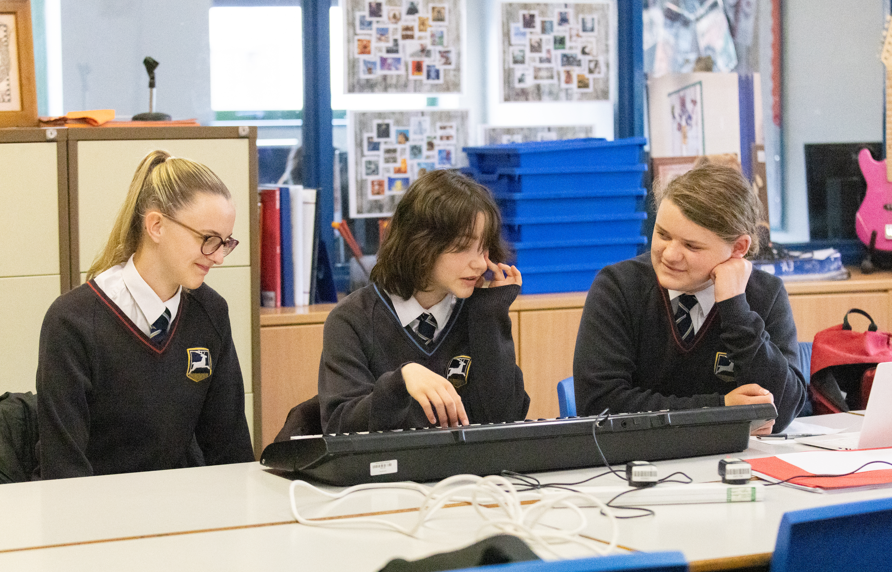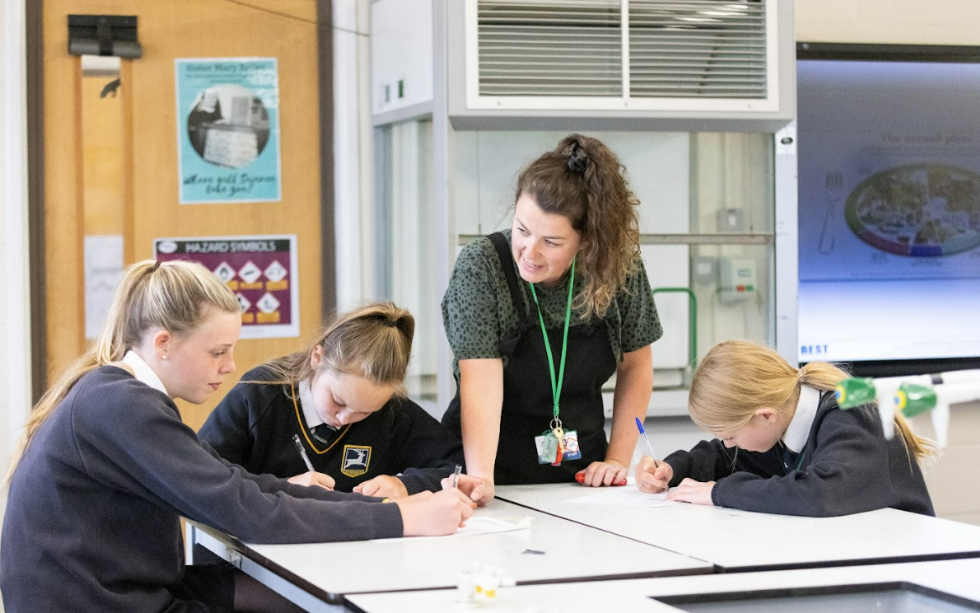Wilson House
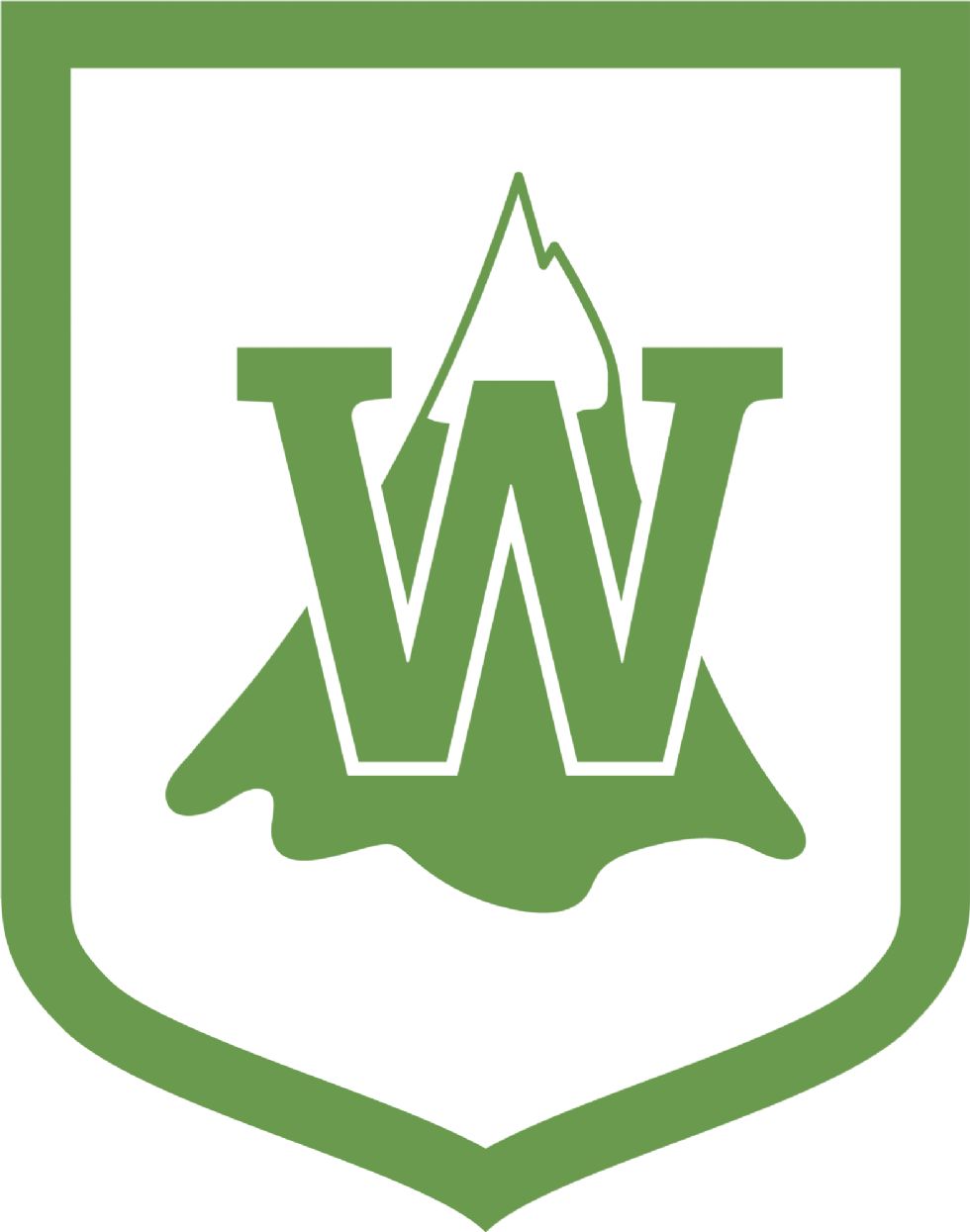
Our house motto:
“Aspire Together, Achieve Together”
Welcome to Wilson House!
Welcome to Wilson House! Congratulations on becoming a member of Wilson House. This is a very exciting time for us all as we embark on a new academic year as a new house and a new team.
A little bit of background about our new house name, Edward Wilson was a physician and polar explorer from Gloucestershire. Wilson was a key member of the British Antarctic 1910 – 1912 Expedition amongst many others, in which he sadly died. The group hit bad weather and subsequently one by one they sacrificed their own lives to save their fellow team members, a hugely commendable act. Wilson has a statue in Cheltenham and more recently has had a museum named after him, The Wilson Museum. You will remember a couple of weeks ago when I introduced our house motto as “Where there is a Wilson, there is a way”, our motto is key to us being the most successful house in Dene Magna.
As a house together we will aspire to win every competition we enter, whether this is attendance, sporting events, maths challenges or cooking competitions and many more, we will achieve this by working together and guiding each other along the way. We will celebrate your successes together as a house and will support each other through difficult and challenging times, you will always have somebody in our house to talk too. Wilson House is known as the fun and exciting house where you will all be valued for your contribution to house events, whether they are large or small and everybody will want to become a member of our house when they join us in September! Like Wilson himself, let’s achieve together in our quest to become the best house in Dene Magna and give something for years to come for students to aspire to. Both myself and the whole Wilson team are excited to work with you, your siblings and your family for many years to come!! Come on Wilson House!!!
Danielle Hill, Head of Wilson House
About Edward Wilson
Edward Wilson was born in Cheltenham on 23 July 1872, the son of a local physician. He was educated at Cheltenham College, and at Cambridge University, where he graduated in Natural Science and Medicine in 1894. He continued his medical studies in London and qualified as a doctor in 1901.
Wilson’s medical and scientific skills were matched by his artistic talent. It was this combination that led to his appointment, in 1901, as a second medical officer, vertebrate zoologist and artist on Captain Scott’s National Antarctic Expedition, which set sail in the Discovery in August 1901.
During the expedition, Wilson undertook important scientific work and began to create a superb series of Antarctic drawings and watercolours that are his main artistic achievement.
Following his return to England in 1904, Wilson undertook various scientific projects and prepared illustrations for books on British mammals and birds. In 1909, he accepted Captain Scott’s invitation to act as Chief of Scientific Staff on a second Antarctic Expedition, which set sail in the Terra Nova in June 1910.
A principal aim of the expedition was to reach the South Pole, which no one had ever done before. Wilson was one of five men chosen to make the journey. They set out from the Antarctic coast in November 1911, and arrived at the Pole on 17 January 1912, only to discover that the Norwegian explorer, Roald Amundsen, had reached it a month before.
Their journey back was dogged by terrible weather, food and fuel shortages, and sickness. By mid-March, two of the party had died, and the remaining three, including Wilson, were marooned in their tent by a nine-day blizzard. There they died, during the last days of March 1912, their bodies were discovered eight months later, on 12 November 1912.
Edward Wilson and Cheltenham
Members of Edward Wilson’s family had lived in Cheltenham since the 1850s, and continued to do so for more than a century. His birthplace, 6 (now 91) Montpellier Terrace, has an inscription on its exterior, recording his birth there, although the house in which his family lived from 1874 until the 1930s, Westal in Montpellier Parade, has been demolished; its site is now occupied by part of the Eagle Tower car park. Still to be seen though is the house known as The Crippetts, on the slopes of Leckhampton Hill, where Wilson’s mother Mary farmed from 1885 onwards, and where the young Edward Wilson developed his love of nature.
Following Wilson’s death, a public subscription for a permanent memorial to him was launched, and on 9 July 1914, a bronze statue, designed by Captain Scott’s widow, Kathleen, was unveiled in the Promenade.
Our Charities
Forest Pulse -
Forest Pulse is a local registered charity which provides a range of exciting out-of-school social, sport and recreational activities for disabled children and young people up to the age of 25, giving them the opportunity to meet up with friends, have fun and learn alongside their non-disabled peers.
Sepsis UK -
Our goal is to end preventable deaths from sepsis and improve outcomes for sepsis survivors. We believe that earlier diagnosis and treatment across the UK could save several thousand lives each year.
Our expertise is rooted in our grassroots origins: our doctors and nurses have frontline experience with sepsis, and their passion is driven by a uniquely comprehensive understanding of what needs to be done.
House Motto
“Aspire Together, Achieve Together”
What we mean by this is that every single person in our house will support and guide each other to be the very best they can, and when we achieve we will all celebrate everybodies achievements together as a big community.
Senior Students
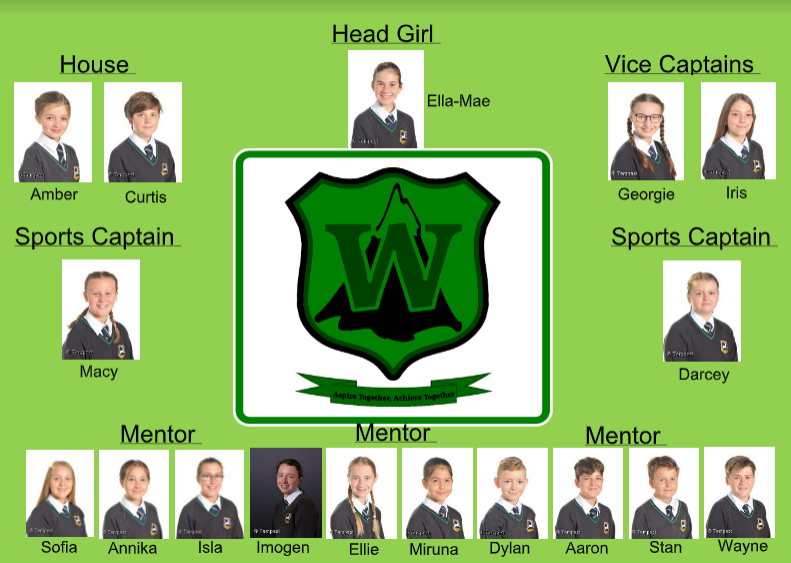
Student Leadership
Each of our senior students plays a vital role in the development and support of Wilson House. 3 senior students per house are assigned to a tutor group, where they will visit this tutor group once a week and run intervention sessions and mentoring support. Sports Captains organise all inter-house sports events and they also lead sports clubs at lunchtime. We also have a House Council; each tutor group has 2 representatives from all year groups; we have half-termly meetings, which our House Captains chair and key points are discussed regarding making Wilson the best it can be


